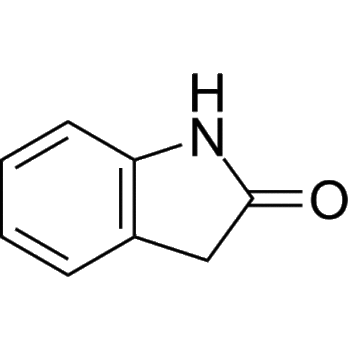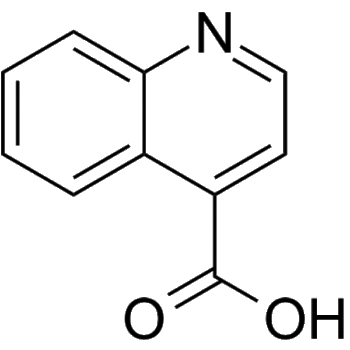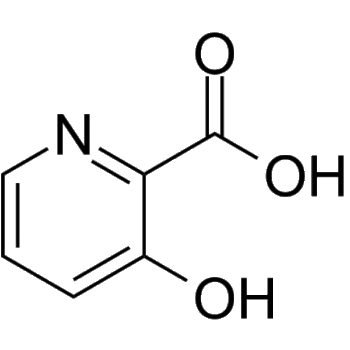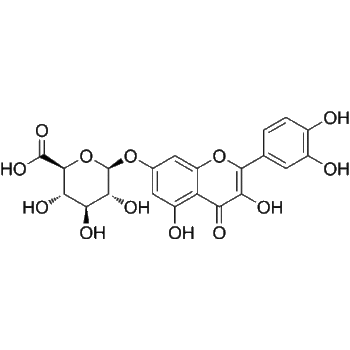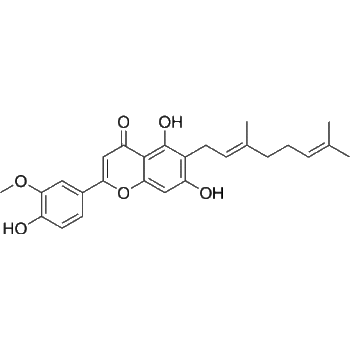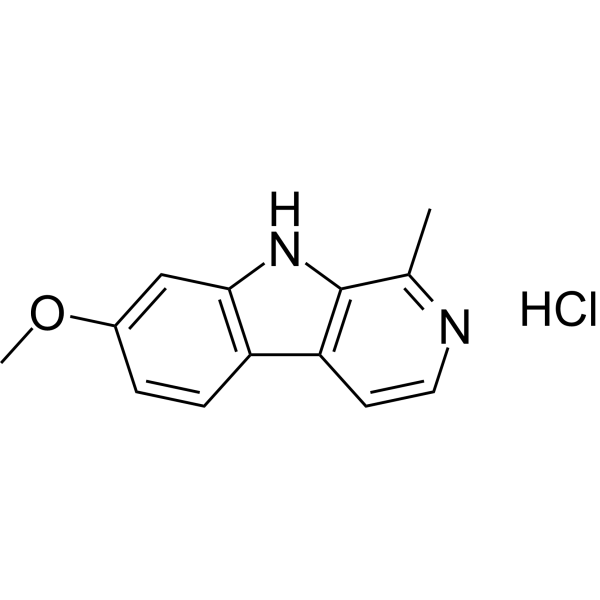
Download Files:
Harmine (hydrochloride)
SKU
HY-N0737-100 mg
Category Natural Products
Tags 5-HT Receptor;DYRK, Cancer; Neurological Disease, GPCR/G Protein;Neuronal Signaling;Protein Tyrosine Kinase/RTK
$50 – $80
Products Details
Product Description
– Harmine Hydrochloride (Telepathine Hydrochloride) is a natural DYRK inhibitor with anticancer and anti-inflammatory activities. Harmine has a high affinity of 5-HT2A serotonin receptor, with an Ki of 397 nM[1].
Web ID
– HY-N0737
Storage Temperature
– 4°C (Powder, sealed storage, away from moisture)
Shipping
– Room Temperature
Applications
– Cancer-Kinase/protease
Molecular Formula
– C13H13ClN2O
Citations
– Front Cell Dev Biol. 2022 Jan 17;9:792257.|bioRxiv. 2023 Dec 1.|Cancer Biol Med. 2020 May 15;17(2):387-400.|Cell Stem Cell. 2022 Apr 7;29(4):545-558.e13.|Exp Ther Med. January 7, 2022.|Int Immunopharmacol. 2023 May 5;119:110208.|Int J Oncol. 2022 Apr;60(4):45.|J Biomed Sci. 2022 Jun 2;29(1):34.|J Cell Mol Med. 2019 Nov;23(11):7427-7437.|Onco Targets Ther. 2019 Jun 12;12:4585-4593. |Prog Neuropsychopharmacol Biol Psychiatry. 2017 Jun 15;79(Pt B):258-267.|Research Square Preprint. 2021 Aug.|Sci Rep. 2015 Aug 3;5:12728.|SSRN. 2023 Mar 8.
References
– [1] Glennon RA, et al. Binding of beta-carbolines and related agents at serotonin (5-HT(2) and 5-HT(1A)), dopamine (D(2)) and benzodiazepine receptors. Drug Alcohol Depend. 2000 Aug 1;60(2):121-32.|[2]Neumann F, et al. DYRK1A inhibition and cognitive rescue in a Down syndrome mouse model are induced by new fluoro-DANDY derivatives. Sci Rep. 2018 Feb 12;8(1):2859.|[3] Zhang L, et al. Harmine suppresses homologous recombination repair and inhibits proliferation of hepatoma cells. Cancer Biol Ther. 2015;16(11):1585-92.|[4]Zhong Z, et al. Treatment with harmine ameliorates functional impairment and neuronal death following traumatic brain injury. Mol Med Rep. 2015 Dec;12(6):7985-91.
CAS Number
– 343-27-1
Molecular Weight
– 248.71
Compound Purity
– 99.71
SMILES
– CC1=NC=CC2=C1NC3=C2C=CC(OC)=C3.Cl
Clinical Information
– Phase 1
Research Area
– Cancer; Neurological Disease
Solubility
– DMSO : 5 mg/mL (ultrasonic)|H2O : 10 mg/mL (ultrasonic;warming;heat to 60°C)
Target
– 5-HT Receptor;DYRK
Isoform
– 5-HT2 Receptor;DYRK1
Pathway
– GPCR/G Protein;Neuronal Signaling;Protein Tyrosine Kinase/RTK
Product type
– Natural Products
Disclaimer: All products are for Research use only unless clearly stated otherwise on the product datasheet. Datasheets provided on the website are drafts for reference purpose only and you are requested to always refer to the hard copy included in the kit for your experimentation. Agdia Products are available for delivery only in Canada.
